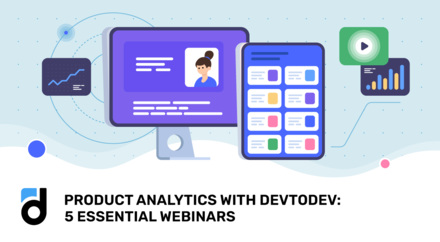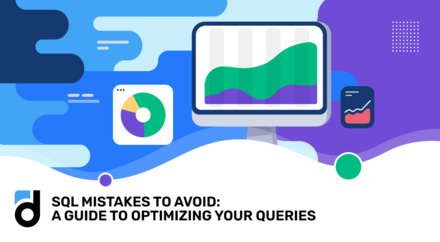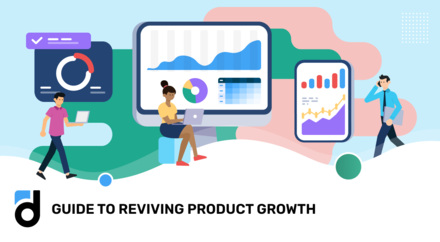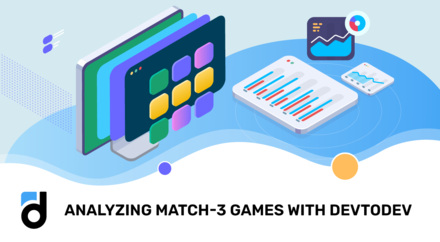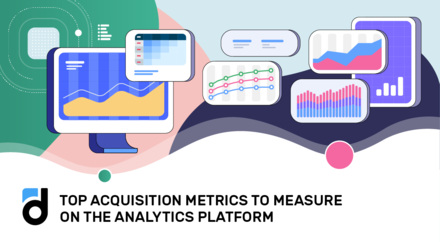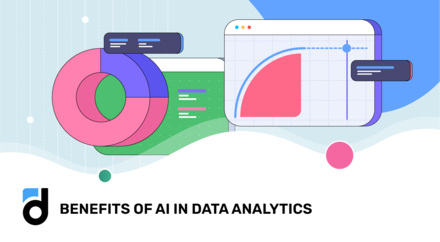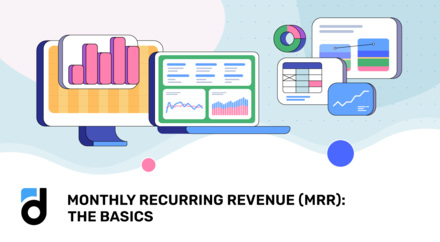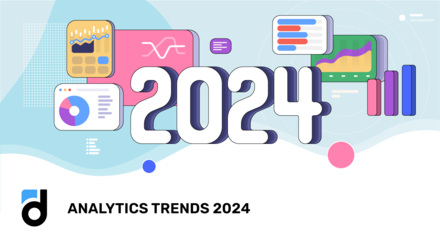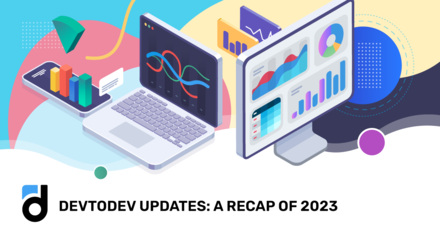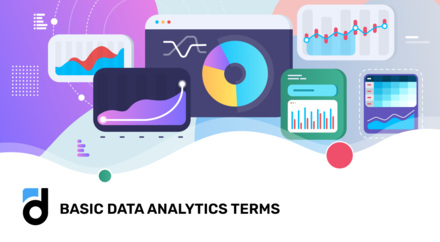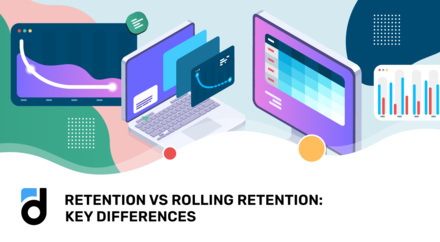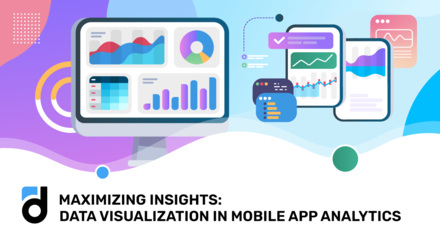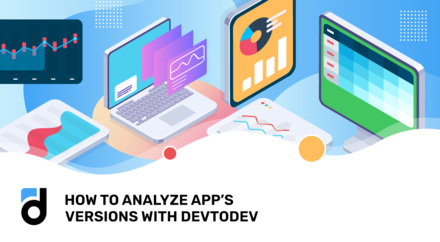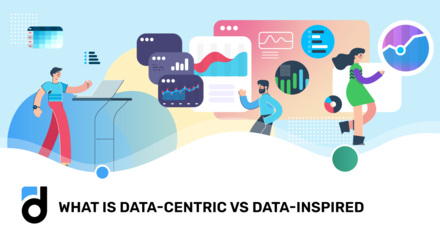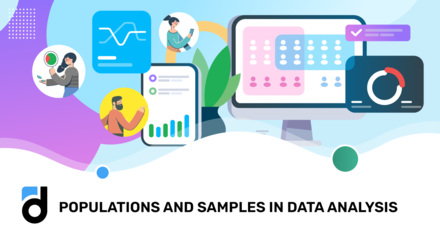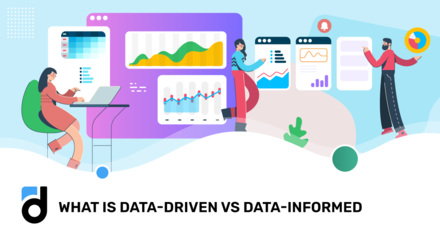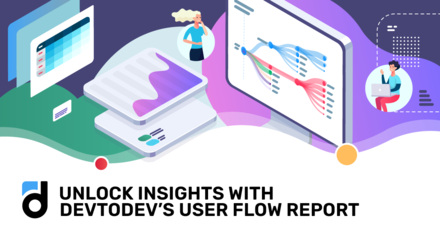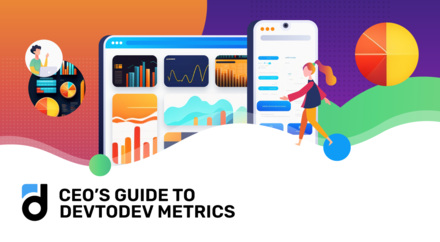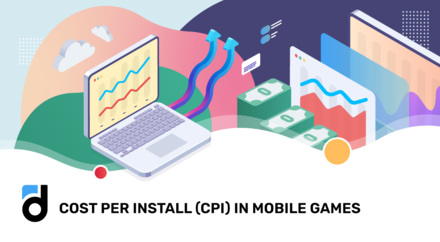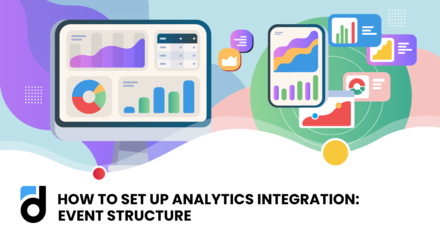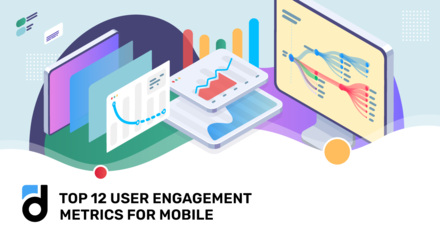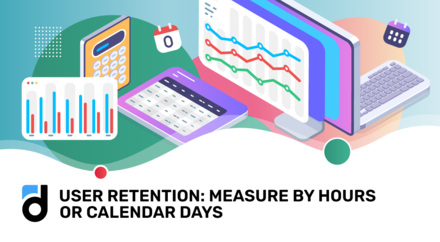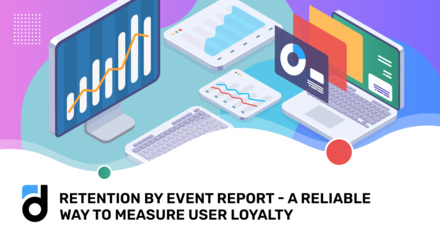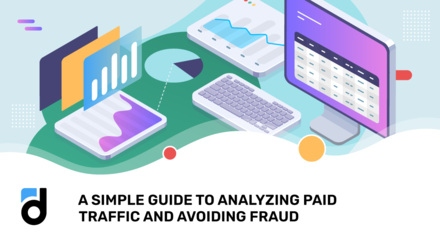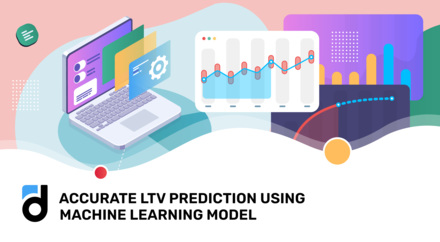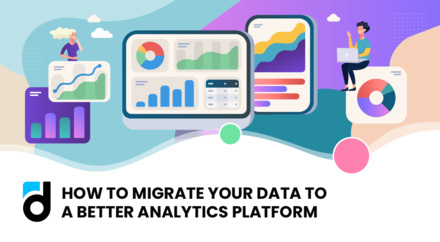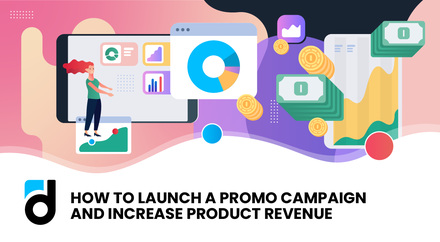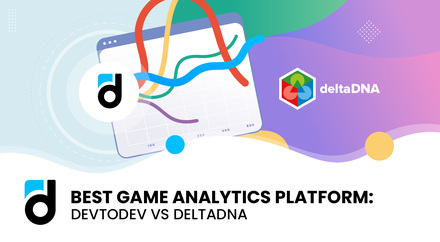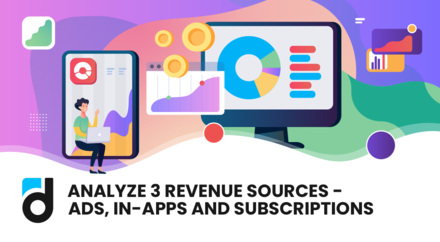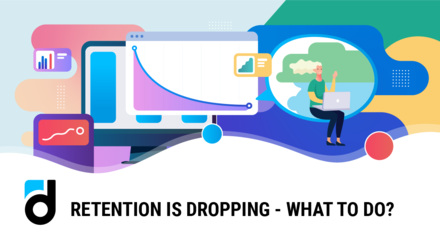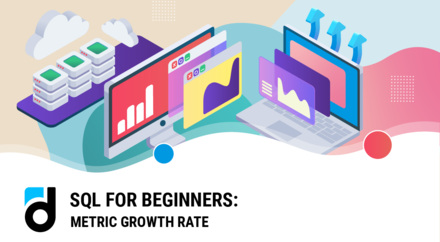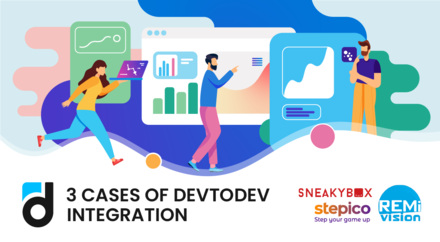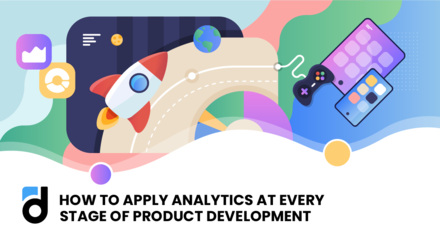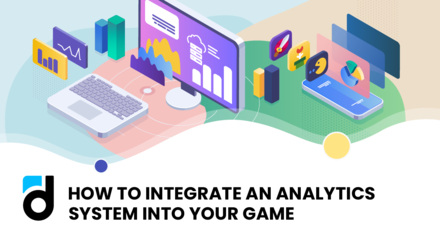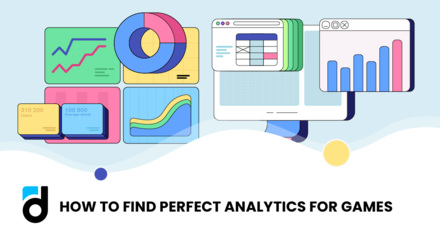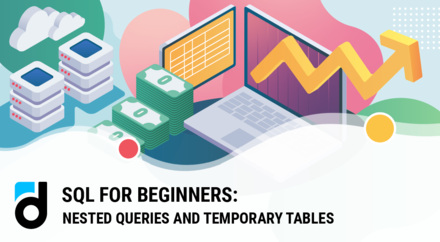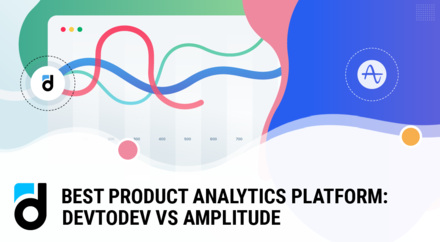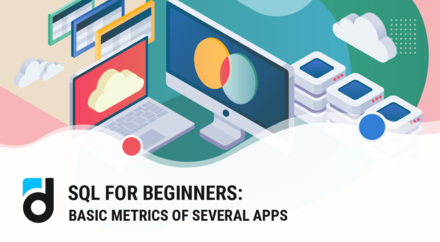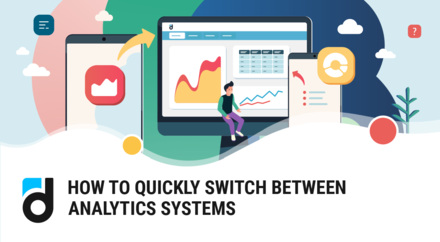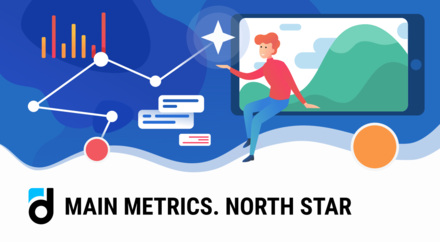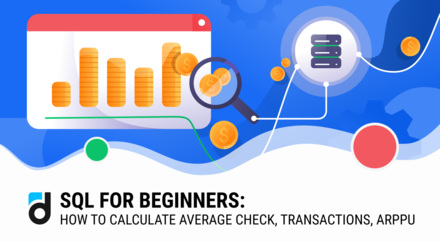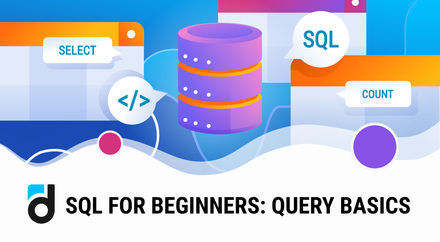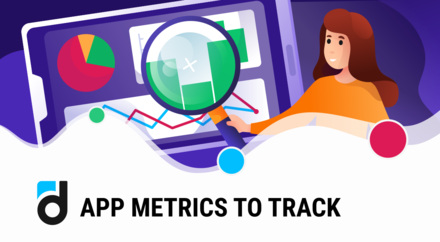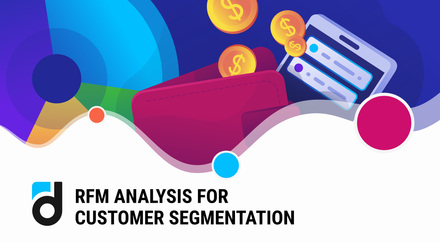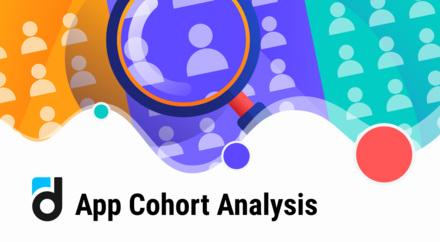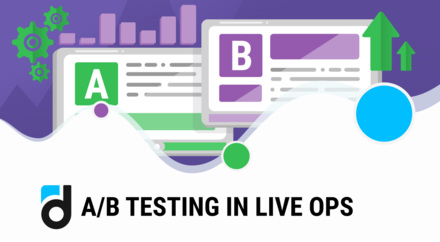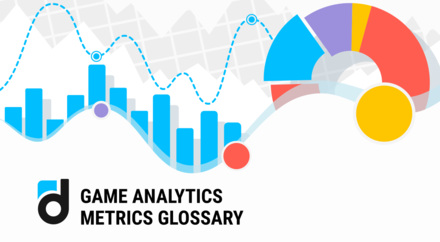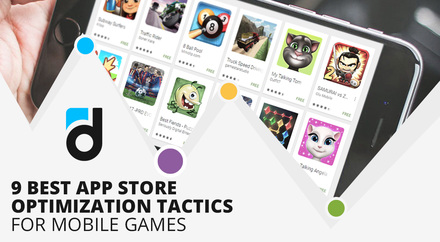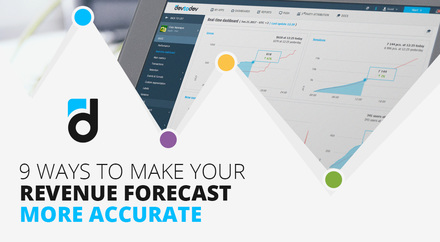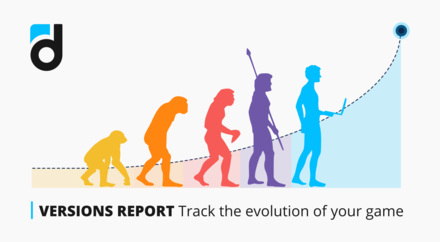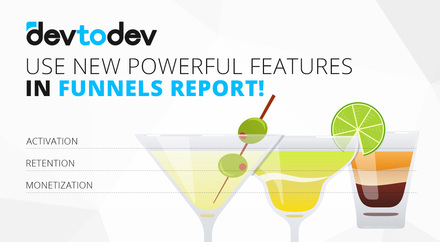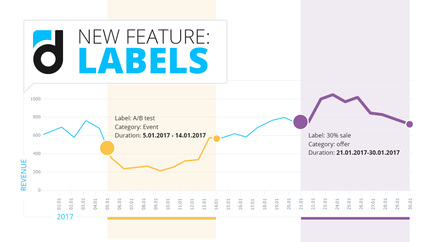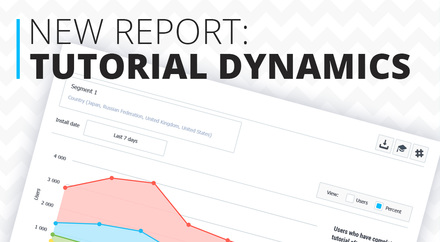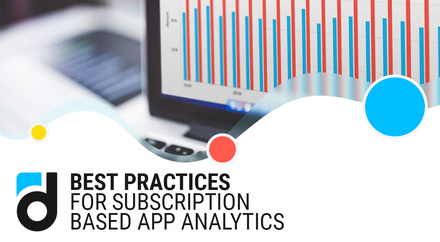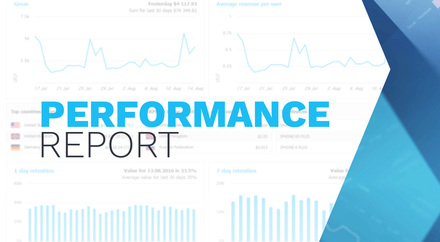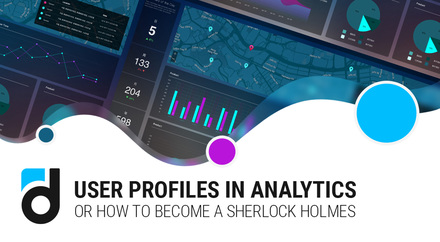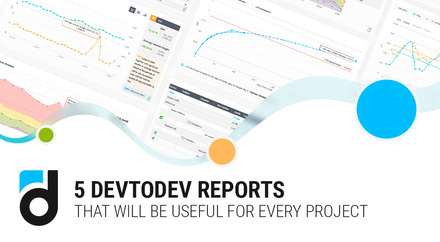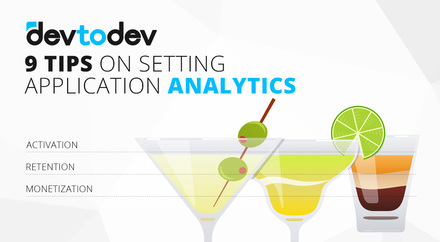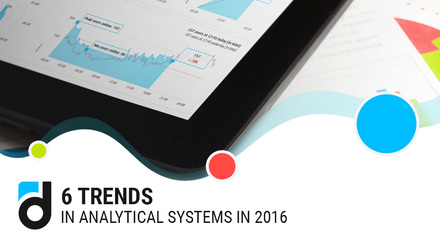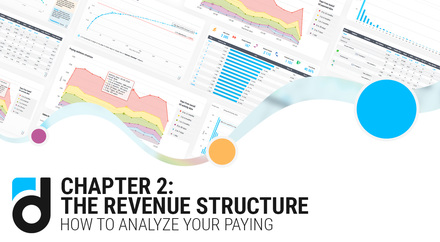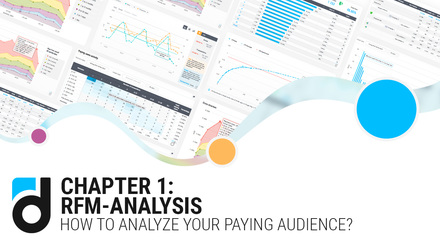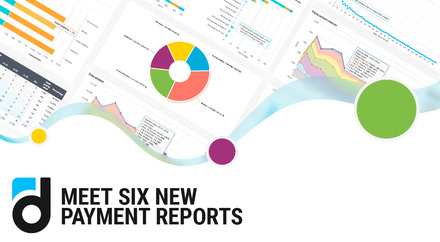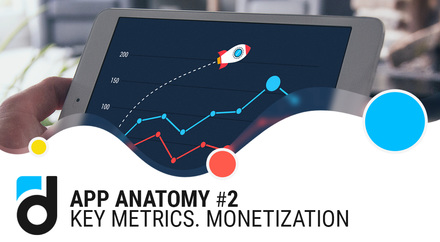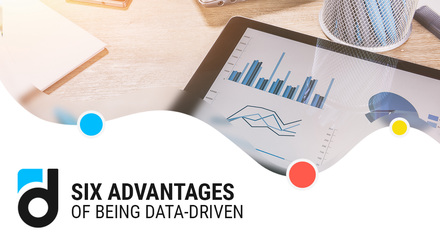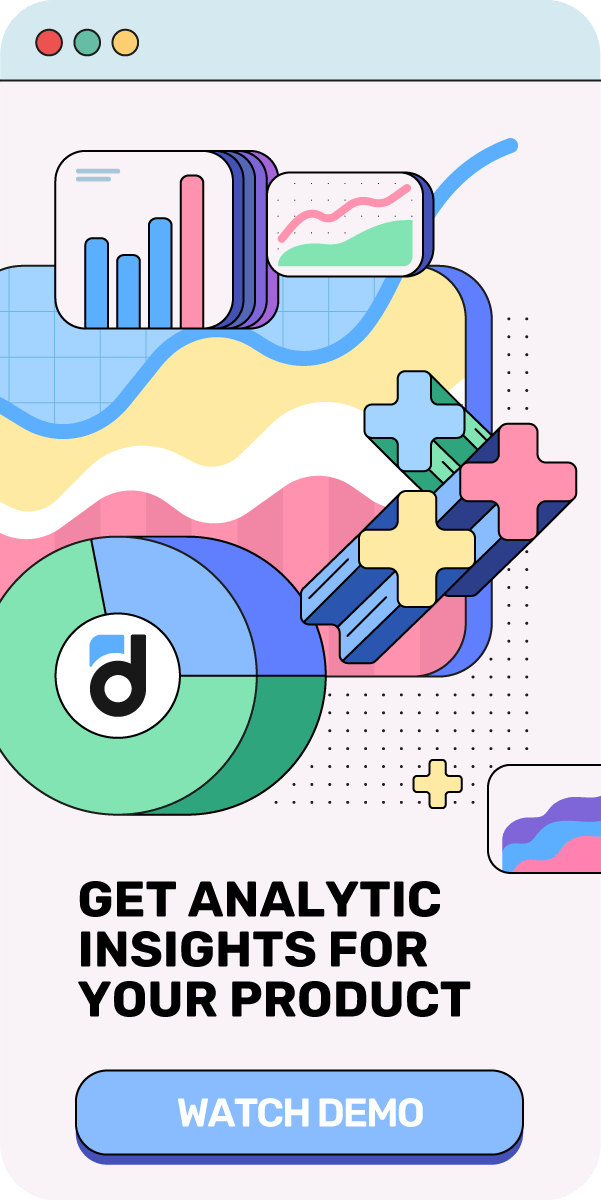Written by: Anastasia Bogapova, Growth Product Manager at devtodev, ex-Lead Product Analyst with 5 years experience in data.
Author’s note: As a product analyst, I used to work in companies at various stages of analytics development. These ranged in various industries from startups that were just forming their analytics teams to large products with well-established structures, including multiple analytics departments working cohesively. I’ve participated in planning sessions where there were more than four managers per analyst, with a backlog of tasks stretching over a year. I have also seen teams building data warehouses and creating convenient structures for internal self-service analytics, as well as integrating external analytics tools.
With all this knowledge, I’ve decided to share how article reflects on how to best organize for game and app developing companies, so that the analytics team doesn’t become a bottleneck, while ensuring that decisions are based on accurate data rather than faulty interpretations.
Contents
- Introduction
- How to understand when in-house isn’t enough?
- Is Self-Service Always Necessary?
- Comparison of Internal and External Solutions
- Conclusion
Introduction
Data analytics, both big and small, has long become an essential part of modern business and applications. Companies that actively use data to make decisions gain a significant competitive advantage by seeing situations more objectively and comprehensively. However, they often face a critical question: should they integrate external analytics, or would it be better to develop their own analytics system?
This dilemma can arise at different stages of a company's journey. Whether at the beginning, when deciding whether to hire a team of analysts or spend significant time developing a solution, or during a period of rapid team growth, when the volume of research and analytical tasks increases manifold. For example, if each product manager requires their own dedicated analyst to answer product questions and verify and prepare hypotheses, wouldn’t it be more effective for the product managers themselves to handle such questions and perform basic analytical tasks?
Fortunately, many companies have already navigated these challenges by adopting different approaches. One such approach is implementing self-service product analytics, which provides teams with flexible tools to handle a wide range of analytics tasks, saving time and resources. Another approach is to continue building and refining in-house analytics solutions. However, this path often leads to additional questions and uncertainties related to scalability, resource allocation, and expertise. In this article, we’ll explore why in-house analytics solutions may not always be sufficient and how devtodev can address these gaps, offering comprehensive coverage and additional benefits beyond what in-house solutions typically provide.
How to understand when in-house isn’t enough?
As a product grows, companies investing in analytics typically go through stages of data culture development. They start with simple data exports from the backend to Excel/Gsheets, move on to creating their first charts with regular data updates, and eventually progress to purchasing BI tools, expanding their analytics teams, and committing more resources to analytics. During this stage, companies often face challenges that limit their ability to compete and quickly adopt innovations. Having too many tasks on your plate can spread the resources thin and can slow you down, divert focus, and pull resources away from product features to internal processes.
Below, I’ve highlighted the key shortcomings of internal solutions that serve as clear indicators of when it’s time to transition to a more reliable external platform.
Difficulty in Integrating External Data
Modern game studios and app developing companies need to integrate a variety of external data sources, including advertising campaign results, app store performance, and in-app revenue data. These sources often come in complex formats that pose significant integration challenges for in-house systems, especially when handling real-time data or large volumes.
Devtodev offer robust capabilities for seamlessly integrating these diverse data streams into a unified platform and effectively handles data from advertising dashboards, app stores, and digital revenue channels, reducing the risk of errors and eliminating data silos. This streamlined approach enables businesses to optimize advertising strategies, understand app performance, and maximize revenue more efficiently.
Scalability Issues
The rise in data volume, variety, and velocity demands more sophisticated analysis, often requiring the hiring of additional analysts, BI data engineers, and data scientists. Each new team member adds overhead and needs time to get up to speed.
Scaling an in-house system also means developing and maintaining complex data warehouses and data marts. This involves setting up efficient data pipelines and ensuring data quality, which are resource-intensive tasks. Each new data source or business requirement may necessitate significant modifications to your data architecture, adding to costs and complexity.
Such upgrades require ongoing investments in technology and staff, potentially diverting resources from other key business areas. In contrast, external analytics platforms might offer more scalable infrastructure and support, adapting to your needs without the continuous demand for internal expansion.
Read a free ebook on Customer Lifetime Value and discover the five best ways to calculate it to help guide your scalability decisions.
Lack of Advanced Capabilities
In-house systems offer a solid base but often fall short in advanced analytics like real-time processing, predictive analytics, or user flow analysis. Using external analytics tools gives you a ready-made solution, saving time and effort in finding experts. These tools are already designed to tackle the challenges your product faces.
Speaking of devtodev, we have all these advanced features and offer pre-built reports tailored to specific application types. Also, you don’t need to create metrics from scratch or using our platform, you don’t need to create metrics from scratch or establish methodologies for their calculation: our platform come equipped with standardized, ready-to-use reports and metrics, significantly simplifying the analytics process and ensuring you can focus on strategic decisions rather than technical implementations. This out-of-the-box functionality makes devtodev highly valuable, especially for businesses looking to leverage sophisticated analytics without the associated overhead and complexity.
Overloaded Dashboards and Reports
Companies relying on internal BI tools often struggle with the limitations of dashboards tied to specific data sets, restricting data exploration and analysis. When managers need to adjust queries or add filters, they frequently have to create new dashboards, leading to an overload of narrowly focused reports that may soon require further adjustments. This turns data management into a tangled mess and complicates decision-making.
Devtodev help address these challenges by allowing managers to adjust data parameters within existing reports, eliminating the need for additional dashboards. Analytics, product, and marketing managers can easily add complex conditions, compare segments, and generate ad-hoc reports without involving an analyst or reconstructing the dashboard. This streamlined approach reduces information overload and keeps the focus on critical data, enhancing overall efficiency and decision-making.
Check out our new Player Levels Widget for Custom Dashboards!
Is Self-Service Always Necessary?
Using data to make decisions has become the foundation of successful business. With quick access to high-quality data, companies can boost revenue, gain deeper insights into customer behavior, anticipate future trends, and mitigate risks. But for data to truly make an impact, it needs to be within reach of everyone in the organization, not just the analysts and data scientists. This is where self-service analytics steps in, offering a fast and intuitive way for all employees to tap into the power of data and make informed decisions with ease.
The Importance of Self-Service Analytics
Self-service analytics makes data available to all employees, speeding up decision-making processes and increasing business flexibility. For example, a marketing manager can analyze campaign results on their own and make adjustments without waiting for analysts. This not only saves time but also allows the company to adapt quickly to market changes.
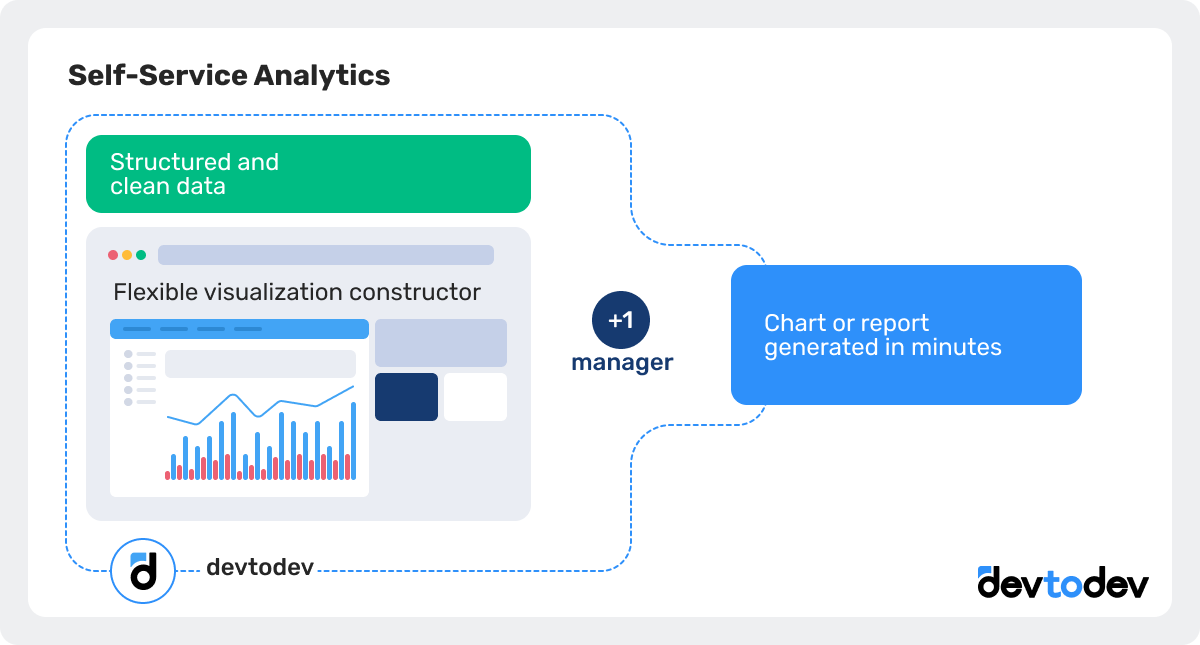
Data Culture and Accessibility
A strong data culture is the foundation of successful analytics usage. It means that all company employees can easily access the specific data needed to make informed decisions. Building this culture requires more than just making data available; it’s about tailoring accessibility and streamlining analytical processes so that every team member has the tools and insights they need at their fingertips. When all teams use the same methods and formulas to calculate metrics, it eliminates discrepancies and ensures that everyone interprets the data in the same way. This unified approach, enriched with interactive features, not only improves communication but also drives smarter decisions, enabling seamless collaboration and strategic execution.
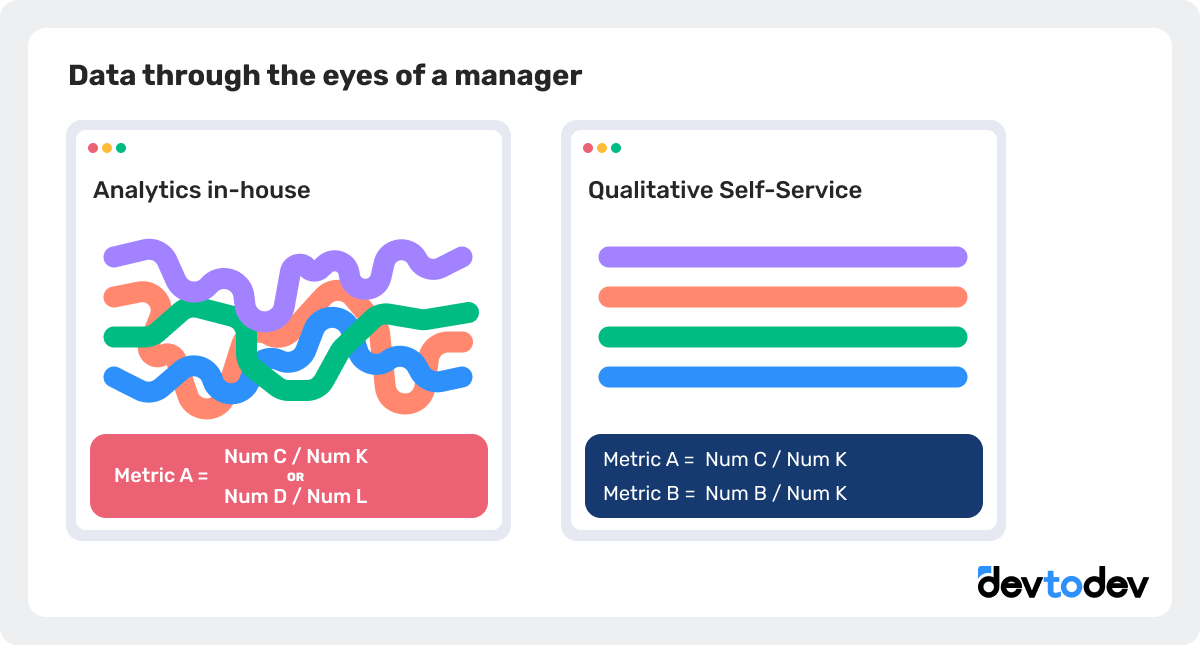
To truly support this kind of data culture, a self-service analytics platform is essential. This is where the devtodev comes into play. It empowers employees across the organization to independently explore data and leverage it to meet business goals. Moreover, it provides robust access management, ensuring that employees see only the reports relevant to their roles, enhancing both security and compliance. By integrating self-service analytics, companies create an environment where data is naturally embedded into daily workflows, making the organization more agile and better equipped to respond to market changes.
Flexibility and Speed
Ad-hoc analysis (urgent analytic tasks) is a vital tool for companies aiming to respond quickly to changes and test hypotheses in real-time. Unlike standard reports, which require time for preparation and processing, ad-hoc analysis often involves a manual process where the analyst extracts data directly from the database, rather than from a pre-built dashboard.
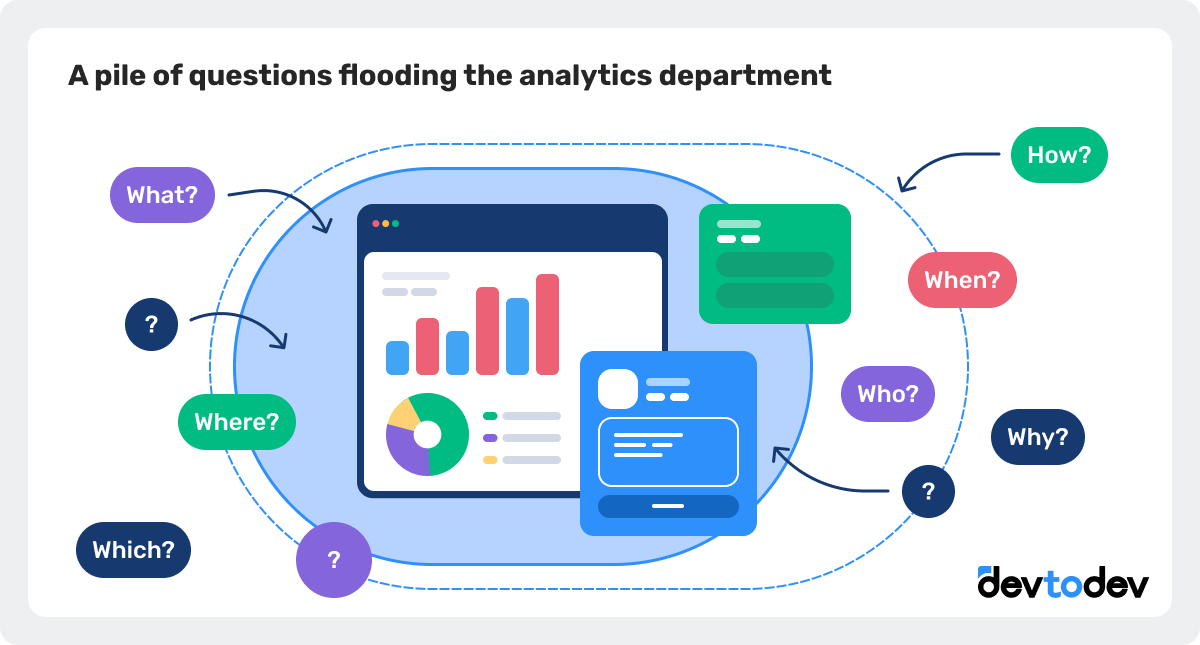
The bottleneck here is the analytics team, overwhelmed by urgent tasks from all directions. Strategic projects get pushed aside in favor of quick queries to test hypotheses, leading to a loss of either speed or long-term investment in product development.
The devtodev platform offers extensive capabilities for performing product ad-hoc analysis and quickly answering product-related questions by creating reports without an analyst. This allows company employees to make timely decisions based on up-to-date data, freeing up analysts to focus on more strategic tasks or in-depth research to find growth opportunities.
This approach not only accelerates processes but also enables more accurate assessment of the effectiveness of various initiatives, helping to avoid data-less decisions.
Time and Cost Efficiency: Our Bonus research
In preparing this article, I reviewed 113 cases from our recent clients to determine the true effectiveness and cost-efficiency of transitioning to devtodev. Here’s what we found:
👤 Human Capital:
After switching to devtodev, majority part of our new clients reported the following:
-
A reduced workload for their development team, as the event-based approach to analytics eliminates the need for extensive backend development—only a single line of code on the frontend is required to send data.
-
A decrease in urgent analytical requests once reports were set up and all necessary events were sent, leading to a more than 40% reduction in tasks (in quantitative terms).
An increase in managerial awareness, with report views on the devtodev platform averaging 60% higher than those on in-house dashboards. Additionally, teams noted a subjective growth in data culture—hypothesis effectiveness is now more frequently discussed in terms of metrics during meetings.
🕛 Time:
Our new clients frequently highlight the speed of data integration as a key advantage. With devtodev, accessing three services—data collection, processing, and visualization—requires only one SDK integration with events, typically taking a few hours to a week, depending on the implementation. In contrast, implementing an in-house system can take weeks, months, or even years. devtodev, however, provides end-to-end analytics and key metric forecasting immediately, as long as the data is available.
💵 Financial Resources:
One of the main arguments our clients have for choosing devtodev is the financial savings. They reported a reduction in data processing costs by up to 50%, thanks to two key factors:
-
devtodev processes the data necessary for report creation, eliminating the need for you to allocate resources for data processing and transformation.
- devtodev does not charge extra for user accounts when accessing the BI interface or, for example, for SQL queries.
Which companies may use only external analysis?
Relying on external analytics solutions can be a smart move for many companies. For small and medium businesses, startups, indie projects, and companies in fast-paced industries like game and app development, these platforms offer clear benefits. Even larger companies in these sectors can take advantage of the flexibility and speed that external solutions provide, helping them stay competitive and responsive in a rapidly changing market.
Here’s why:
-
Rapid Market Entry: Startups and small companies benefit from external analytics like devtodev, which provide instant insights and allow for fast adaptation to market dynamics without the need for in-house system development.
-
Flexibility Needs: Companies in fluctuating markets or with seasonal variations use platforms like devtodev for their ability to seamlessly adjust service levels, avoiding internal capacity issues.
-
Strategic Focus: Firms focusing on product development and market growth often find external analytics align well with their objectives, allowing them to allocate more resources to innovation and customer interaction.
-
Advanced Tools and Expertise: External platforms grant access to advanced analytics and machine learning, ideal for companies lacking the resources to develop these technologies internally.
When One Solution Isn’t Enough: The Need for a Combined Approach
Sometimes, relying on a single analytics system—whether internal or external—just isn’t enough to meet all of a company’s needs.
Internal solutions might give you more control and flexibility, but they can struggle with handling large data volumes or integrating with new sources. On the other hand, external solutions are strong in integration and analysis and offer customization options, though they might be limited when it comes to meeting highly specific or niche requirements.
That’s why a hybrid approach often works best. You can use your internal system to handle specific tasks and raw data, while an external platform like devtodev provides fast, scalable, and flexible analytics with secure data storage built-in. This combined strategy maximizes security and operational efficiency, ensuring you get the most out of your data without compromising on either front.
Often, the following configuration is used:
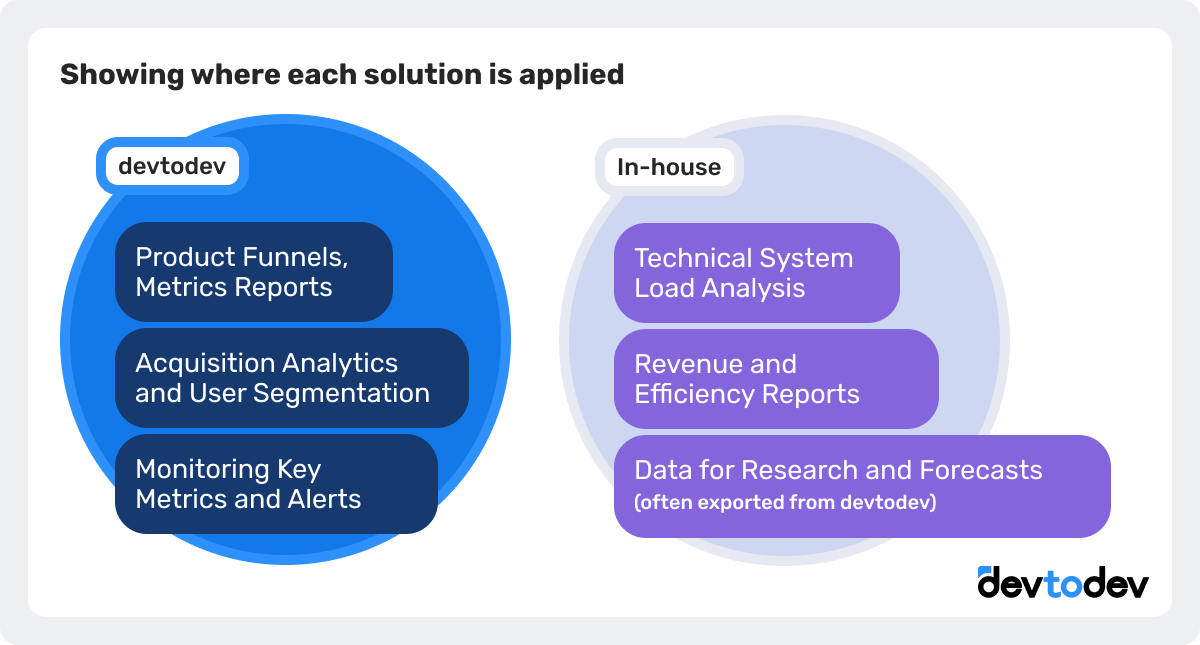
Comparison of Internal and External Solutions
For Growing Companies:
Startups are typically fast-paced, high-growth ventures that may have secured initial investments and are now racing to carve out their place in the market. These companies often experience sudden, rapid growth and may lack the luxury of a dedicated analytics team. Instead, data responsibilities are often shared across the team, with everyone pitching in as needed. In this context, agility and the ability to pivot quickly are crucial for survival and success.
When it comes to choosing between internal and external analytics solutions, startups must weigh their options carefully:
Customization: Startups may find internal solutions limiting due to a lack of resources to achieve high levels of customization initially.
Flexibility and Speed: External solutions, like devtodev, excel here by enabling quick implementation and immediate usability, crucial for startups that need to pivot quickly.
Resource Savings: Startups benefit significantly from external platforms that reduce the need for heavy upfront investment in infrastructure and personnel.
Scalability: External platforms can scale effortlessly as the startup grows, accommodating new requirements without the need for extensive internal updates.
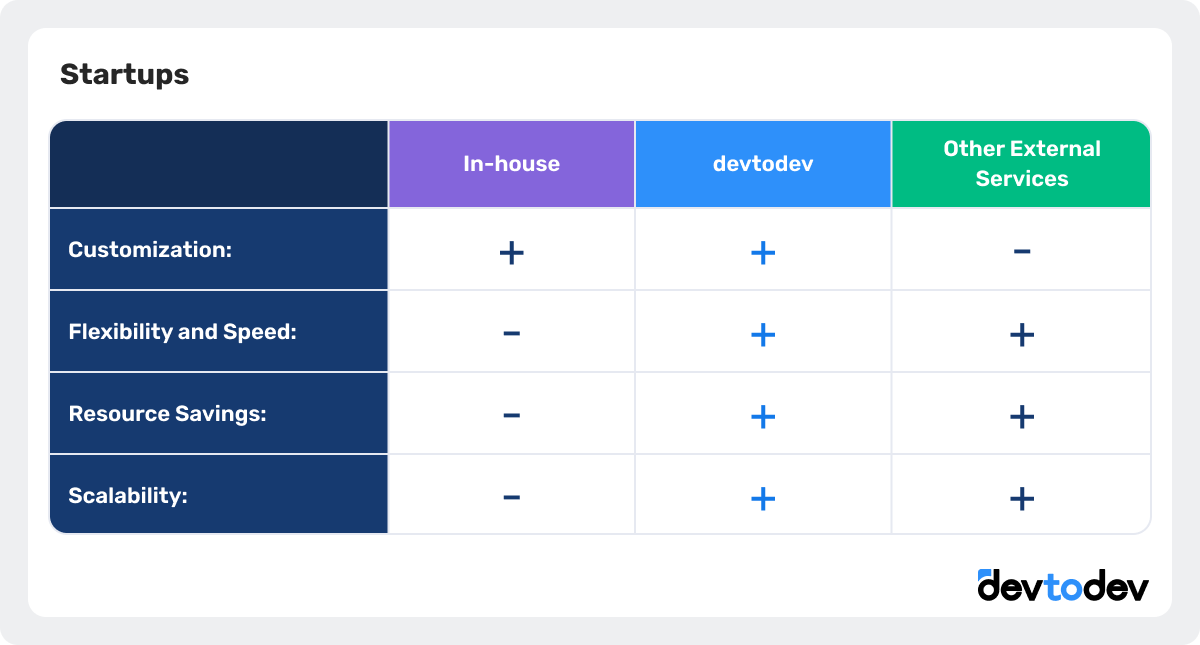
For Established Companies:
Mature companies often have more at stake and need robust, reliable analytics solutions that can handle complex data and high volumes:
-
Flexibility for Changes: While internal solutions offer the ability to adapt to changing regulations and business needs, they require continuous development and maintenance.
-
Long-Term Costs and Obsolescence: Maintaining and upgrading in-house systems can be costly and may become technologically obsolete, whereas external solutions like devtodev continuously update without additional cost to the company.
-
Data Accessibility and Integration: Internal systems might struggle with integrating new data sources quickly. In contrast, platforms like devtodev offer seamless data integration capabilities, even for complex and varied data ecosystems.
-
Customization and Security: Mature companies might prefer internal solutions for their ability to be fully customized and integrated into their complex systems, especially in industries like finance or healthcare where data security is paramount. However, devtodev presents a robust alternative, supporting GDPR compliance, ISO 27001 certification, and utilizing secure AWS cloud services. It also offers extensive customization with SQL-based reporting and a wide range of data visualization tools, from funnels to user flows. This ensures that devtodev can meet complex needs without sacrificing security or flexibility.
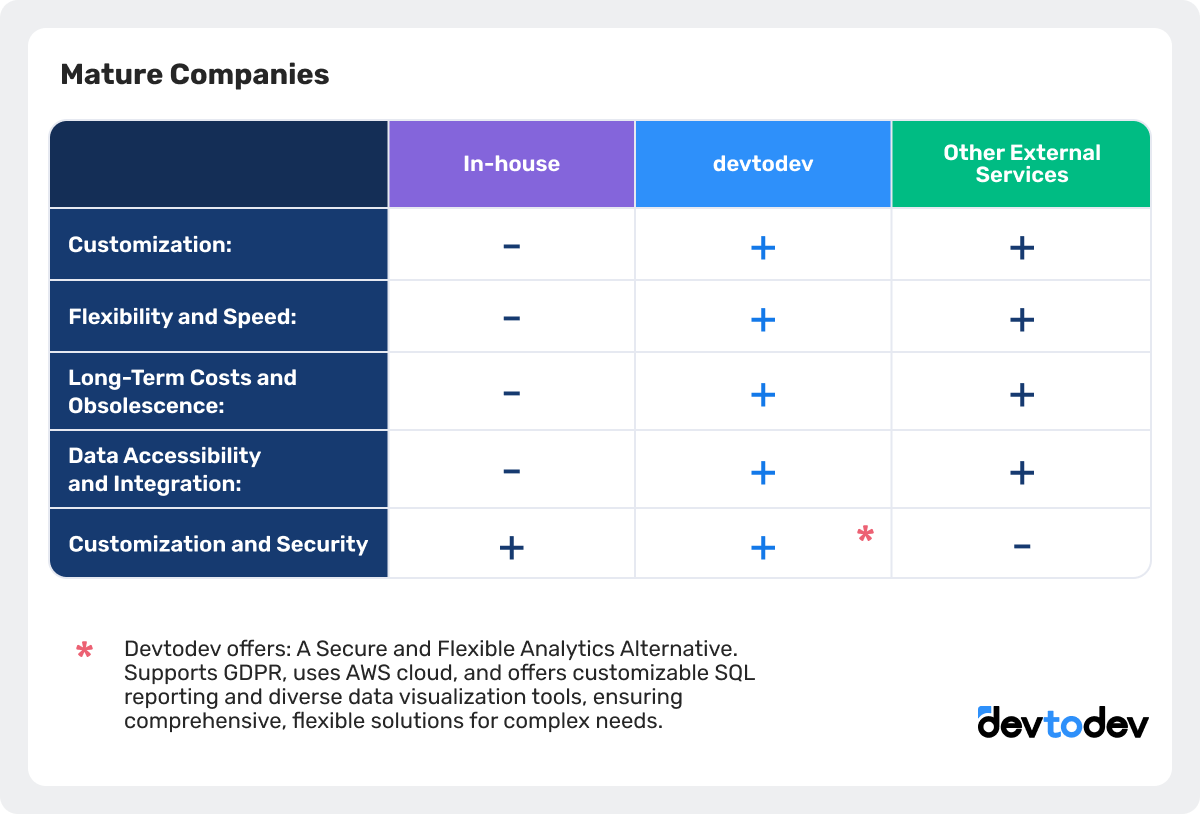
Additional Benefits of devtodev Across Company Types:
-
Advanced Reporting Capabilities: Devtodev's SQL-based custom reports allow for complex analyses like user flow and retention calculations, which are challenging to implement internally.
-
Automated Alerts: Alerts can be configured to trigger notifications via Slack or email, enhancing responsiveness to critical metrics or potential issues.
-
Seamless Data Integration: Add data sources by simply providing keys; information flows into reports without the need for complex API setups or monitoring, which is a common challenge with in-house solutions.
-
Push Notifications and Advanced Users Segmentation: Devtodev includes powerful tools for direct user engagement, such as push notifications, which can significantly enhance user interaction. Additionally, the platform offers advanced user segmentation capabilities, allowing for sending push notifications to specific user segments or those who have taken a specific action.
Conclusion
Choosing between internal and external solutions is not always straightforward, and the optimal decision will vary for each company. However, for many products, external analytics platforms like devtodev offer the perfect balance between cost and effectiveness.
It is important to remember that self-service analytics not only saves resources but also fosters a data-driven culture within the company, making data accessible to all team members and preventing overload from excessive dashboards. This enables swift ad-hoc analysis and data-driven decision-making while also improving the quality of those decisions.
If you are considering switching to external solutions or strengthening your internal system, devtodev offers the right blend of tools and flexibility to meet your goals. devtodev team and I are here to help you make this transition as efficiently and swiftly as possible. Feel free to reach out to us at info@devtodev.com for any support or questions.






